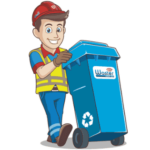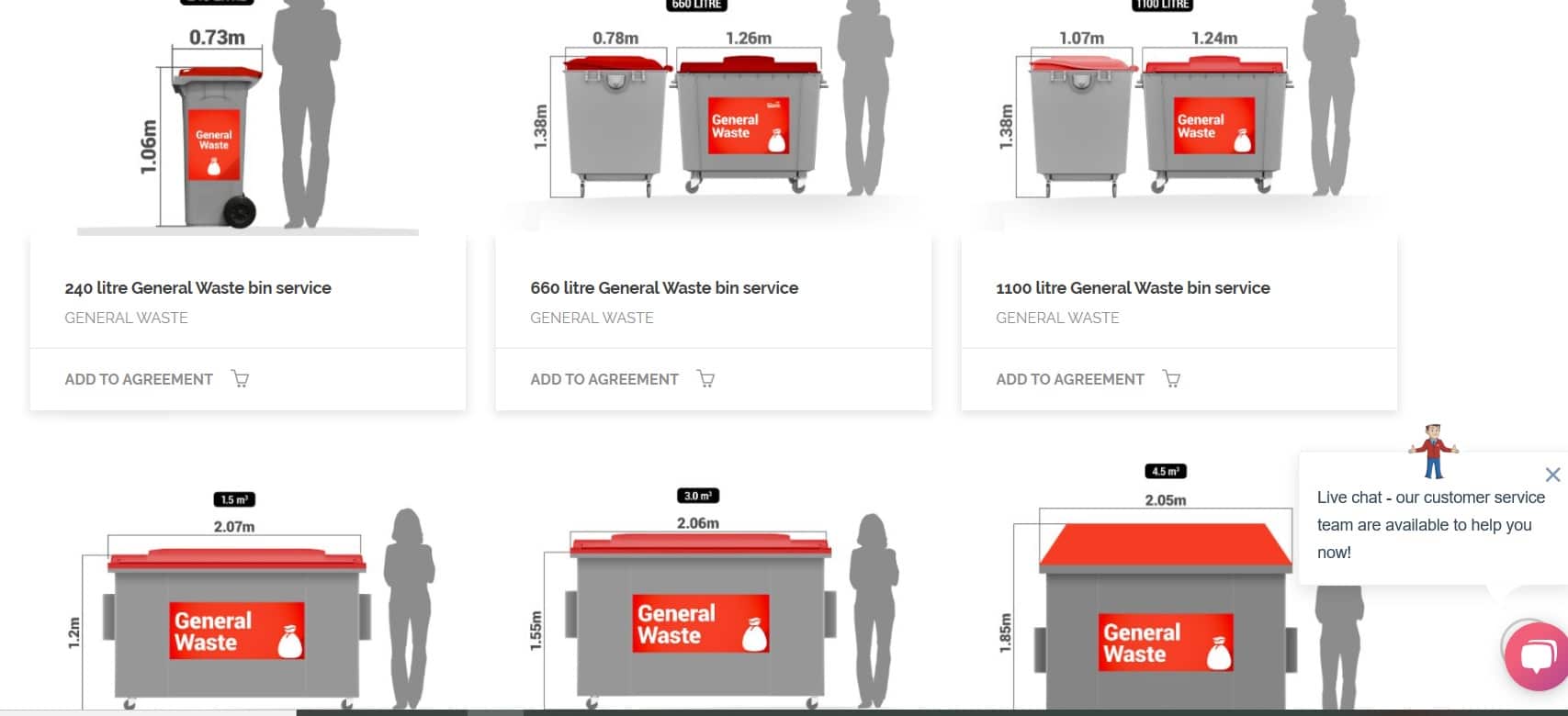Let’s Talk About European Union Waste Management 🗑️
Energy Disrupter
European Union Waste Management 🗑️: Following the reports of the European Union sending less waste to non-EU countries, the 27-country political union aims to double that down with an agreement to control exports of waste. In this blog, we will explore what took place to prompt the European Union to improve its waste management and exports. So, if you wish to learn more, we highly suggest sticking around and reading this blog to learn more!
In our past blog about Australia waste export, we talked about various countries such as France, Belgium, Germany and Spain.
Now, if you are wondering why countries export waste to other countries, here are the two main reasons:
- Cost Considerations: Exporting waste can be financially advantageous for countries, especially if they have limited landfill space or face high waste management costs domestically. Sending waste to countries where disposal costs are lower can result in cost savings for exporting countries. This is particularly relevant for countries with stringent environmental regulations or limited infrastructure for waste management.
- Utilisation of Recycling Facilities: Some countries may lack the necessary infrastructure or technology to recycle certain types of waste efficiently. By exporting waste to countries with advanced recycling facilities, exporting countries can ensure that materials are recycled and reused, contributing to resource efficiency and the circular economy. Additionally, exporting waste for recycling can sometimes be more economically viable than investing in domestic recycling infrastructure.
>Download Now: Free PDF Business Owners Guide To General Waste Bin Services
The European Union waste export
If you have noticed, you can see that the examples of countries I listed above all belong to the European Union. That is because, for quite some time, the European Union has exported waste to non-EU countries.
The European Union (EU) waste management involves exporting waste to non-EU countries for several reasons:
- Capacity Issues: Some EU countries may lack sufficient infrastructure or capacity to handle all their waste domestically. Exporting waste allows them to manage excess waste more effectively.
- Economic Considerations: Exporting waste can be economically advantageous, especially if it is cheaper to dispose of waste in non-EU countries where labour and disposal costs may be lower.
- Recycling and Recovery: In some cases, waste exported to non-EU countries may be destined for recycling or recovery facilities that can process it more efficiently or effectively than facilities within the EU.
- Environmental Regulations: The EU has strict environmental regulations governing waste management and disposal. Exporting waste to countries with less stringent regulations may be seen as a way to avoid the high costs associated with compliance.
- Resource Management: Waste materials such as plastics, paper, and metals can be valuable resources. Exporting waste for recycling or recovery can contribute to the global supply chain for raw materials.
The negatives of exporting waste
Of course, the European Union involving waste export with their waste management comes with positives, as well as negatives.
First off, exporting waste to countries with less stringent environmental regulations can lead to environmental degradation and pose risks to public health.
Improper handling and disposal of waste in the receiving country can result in pollution of air, soil, and water sources, leading to adverse health effects for local communities.
For instance, burning or landfilling of imported waste may release harmful pollutants and toxins into the environment, exacerbating respiratory illnesses and contaminating food and water supplies.
Moreover, inadequate waste management practices can contribute to spreading disease vectors, such as mosquitoes and rodents, further compromising public health.
Second, Waste exportation can exacerbate social inequalities and injustices, particularly in developing countries that serve as dumping grounds for imported waste.
The influx of waste from affluent nations can disrupt local economies, livelihoods, and traditional ways of life. Communities living near waste disposal sites may bear the brunt of environmental pollution and health hazards, experiencing diminished quality of life and increased socio-economic disparities.
Additionally, waste importation can perpetuate a cycle of dependency on external sources for waste management, hindering the development of sustainable, locally-driven solutions to waste management challenges.
So, what can the European Union do to solve this problem? Let’s discover below.
European Union waste management: what the EU has done to deal with the waste export problem
According to the EU’s official website, the European Commission has welcomed a recent political agreement between the European Parliament and the Council regarding waste shipments, emphasising the EU’s commitment to taking greater responsibility for its waste and preventing the exportation of environmental challenges to third countries.
This agreement aligns with the objectives of the European Green Deal, aiming to reduce pollution and promote a circular economy.
Key provisions of the agreement include the prohibition of plastic waste exports from the EU to non-OECD countries, except under strict environmental conditions, and the requirement for other recyclable waste exports to meet sustainability criteria.
Additionally, modernised digital procedures will facilitate intra-EU waste shipments, enhancing the circular economy whilst maintaining necessary control measures.
The regulation aims to prevent environmental and public health issues in third countries caused by unsustainable waste management practices.
Monitoring and enforcement mechanisms will ensure that waste exports comply with environmental standards, with sanctions imposed on illegal waste trafficking activities.
The agreement underscores the EU’s commitment to tackling waste trafficking, a serious environmental crime often linked to organized crime, by enhancing cooperation between member states and imposing deterrent sanctions.
The next steps involve formal adoption of the regulation by the European Parliament and the Council, with implementation expected to follow swiftly.
The Commission will support partner countries in aligning with new export requirements to promote better waste management practices and circular economy models.
In conclusion, the regulation represents a significant step towards fulfilling the EU’s environmental commitments, as outlined in the European Green Deal and other strategic plans.
By addressing the challenges of waste management and trafficking, the EU aims to promote sustainability, resource efficiency, and environmental protection within and beyond its borders.
European Union waste management: have there been any improvements?
Truthfully, we have already seen some improvements even before the political agreement mentioned above which transpired just a few months ago.
According to Eurostat, the European Union exported 32.1 million tonnes of waste to non-EU countries in 2022.
These numbers are a bit less than in 2021, wherein the EU exported 33.0 million tonnes of waste. Turkey imported the most of EU’s waste, with India coming in second. Third and fourth place is the UK and Switzerland, respectively.
Contact Waster right now for your waste and recycling needs now!
Does your Australian-based business need waste and recycling services? If so, then you have come to the right place!
Please call 1300 WASTER (1300 927 837). You can also email us at info@waster.com.au or enquiries@waster.com.au if you have further questions. Find the best deals in terms of waste and recycling pricing and services!

















